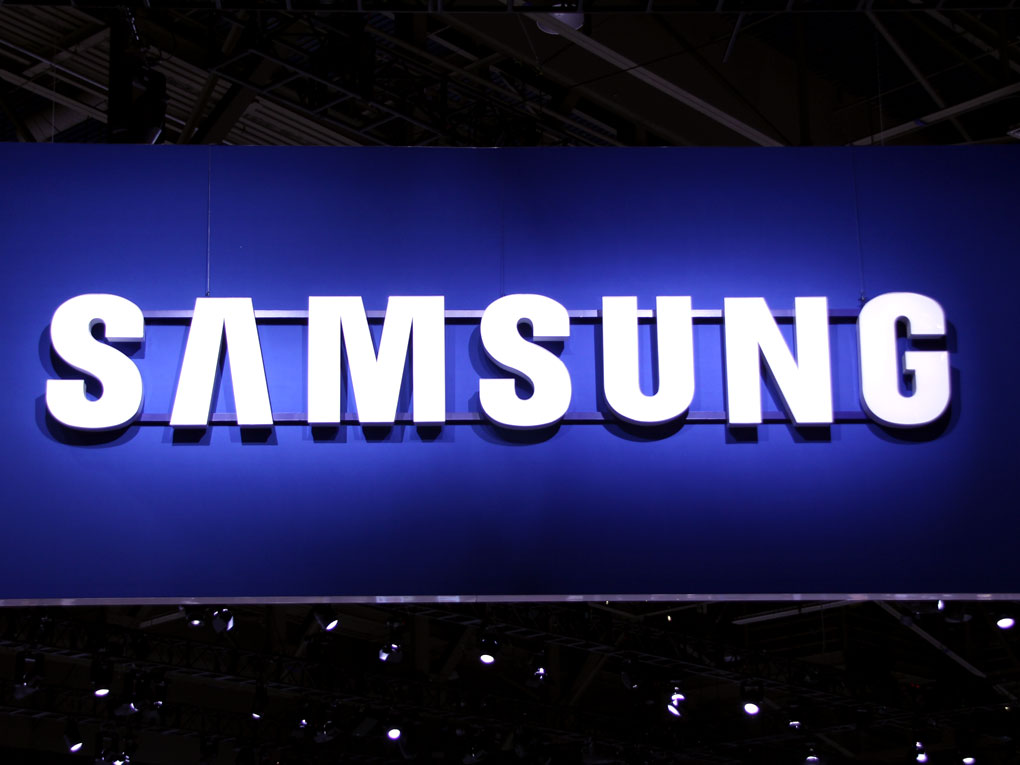 TheTechMedia.com/wp-content/uploads/2020/01/samsung-logo-300×225.jpg 300w, https://TheTechMedia.com/wp-content/uploads/2020/01/samsung-logo-768×576.jpg 768w, https://TheTechMedia.com/wp-content/uploads/2020/01/samsung-logo-800×600.jpg 800w” sizes=”(max-width: 1020px) 100vw, 1020px”>
TheTechMedia.com/wp-content/uploads/2020/01/samsung-logo-300×225.jpg 300w, https://TheTechMedia.com/wp-content/uploads/2020/01/samsung-logo-768×576.jpg 768w, https://TheTechMedia.com/wp-content/uploads/2020/01/samsung-logo-800×600.jpg 800w” sizes=”(max-width: 1020px) 100vw, 1020px”>Despite a historic pandemic, Samsung’s business showed no signs of slowing down, thanks to an increased demand of laptops and PCs, thus further driving the chip industry upwards. The Korean electronics giant registered a 26% growth in quarterly profits, thanks to the boom that chip industry has seen.
According to the earnings data published by Samsung, the company witnessed a 26% growth in its operating profits over the last quarter, and a 23% jump over the year, reeling in 8.15 trillion won (about $6.84 billion). This was credited to the rising demand of DRAM chips, courtesy of coronavirus. In fact, the entire semiconductor side of the business fared pretty well, as Samsung states that the company witnessed heavy demand for memory, DRAM, and NAND chips. Only earnings from S.LSI declined due to “weak mobile component demand from major customers.”
On the other hand, revenue fell by 4% QoQ and 6% YoY, standing at to 53 trillion won. The company said said that this slight fall in revenue was due to the comparatively low sales of devices such as smartphones. For the TV business, Samsung stated, “Despite weaker demand due to lockdowns in some major regions, revenue improved Q-Q and Y-Y by focusing on online sales, addressing demand using our global SCM capabilities,
increasing sales of premium products including QLED, ultra-large TVs, etc., as well as enhancing operational efficiency.”
However, there are speculations that this sudden boost in the display business is a one time wonder, and Apple’s contribution of 1.1 trillion won played a huge role in this growth.
Even then, the overall demand for the display business was lower than usual, as coronavirus continue to batter the smartphone industry.
Covid 19, which forced everyone to work from home turned out to be a blessing in disguise for the chips and memory industry. More people were confined to their homes, and thus, had to buy instruments for remote working, including new chipsets. Due to the sudden rise in demand for these chips, their prices soared.
However, once the initial demand of the people is met, the chip industry is expected to go back to losses.




